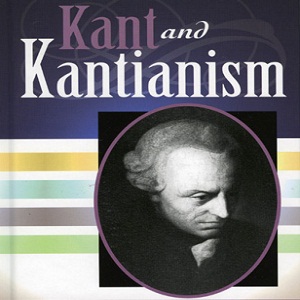Difference between Kantianism and Utilitarianism

Utilitarianism and Kantianism are two different schools of thought. They may seem similar in some of their beliefs when the theories are read for the first time. However, when studied with a critical eye, Kantianism and Utilitarianism advocate different principles. They are unique in their beliefs and their followers have different opinions about issues like ethics, morality and the concept of right and wrong. The followers of the two categories differ in their actions and the judgment of other’s actions.
The Kantian ideology is a deontological one. It is of the belief that a person should do certain things because they are the right things to do in themselves, without any regard to the consequences. Followers of Kantian school of thought believe it is their duty to do something just because it is the right thing to do. Utilitarianism on the other hand is consequential. The emphasis is on the results of the act. The results should do greater good than other available options. Utilitarianism is also referred to as the ‘moral calculus’ because its followers weight the happiness of a certain act against the sadness it can create.
Followers of Kantianism are required to tread on the principle of ‘practical reason’ i.e. all their decisions are based on whether an action is right or wrong. So they might have to perform actions that cause them and those around them a degree of unhappiness. Utilitarian followers decide actions on the basis of the perceived outcomes of the decision.
The differences can be explained well through an example of the act of murder. For the Kantians, murder is a forbidden act because it is just not right; there is no regard of any good or bad the murder can cause. For the utilitarian, a murder is right if it causes happiness and bad if causes sadness for the maximum people. A murder of a terrorist will be considered ‘morally correct’ according to this belief.
Instructions
-
1
Kantianism:
Kantian is a school of thought originating from the German philosopher Immanuel Kant. Kantianism is rooted in the belief that all decisions should be rational and based on the principles of right and wrong instead of personal morals. All actions should be treated as an end in themselves and not as means to an end.
Image courtesy: gagale.myblog.it

-
2
Utilitarianism:
This school of thought believes that only those actions should be performed which have the maximum ‘utility’. These actions should result in maximum happiness and minimum suffering. The main contributors to utilitarianism were Jeremy Bentham and John Stuart Mill.
Image courtesy: sytereitz.com








